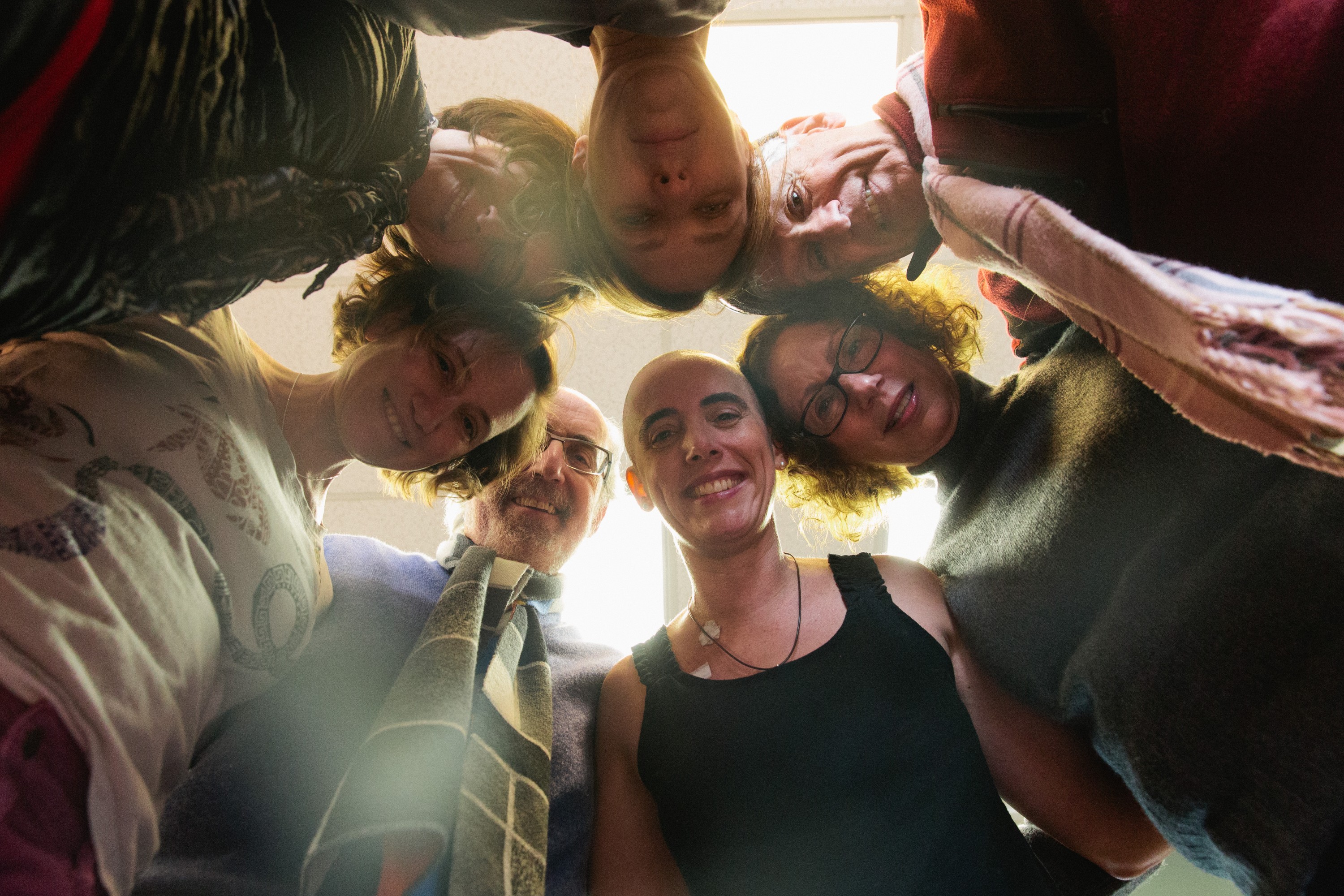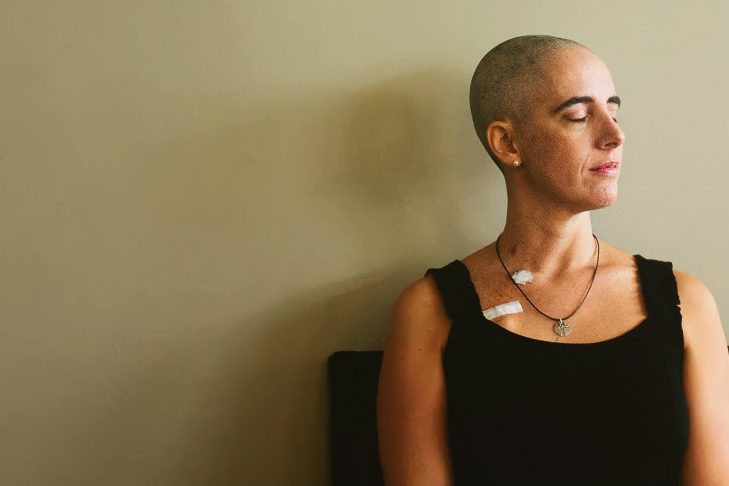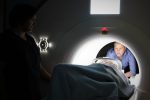In January 2017, Lauren Corduck was diagnosed with late-stage ovarian cancer. Since then, the 47-year-old from Acton has been on a mission to raise awareness about variations in the BRCA gene, mutations that increase the chances of being diagnosed with ovarian, breast and prostate cancer. Statistically, Ashkenazi Jews have a one in 40 risk of developing these hereditary cancers. Corduck had a feeling she was a high-risk case, but it wasn’t until a friend urged her to get tested that she discovered she had the BRCA gene mutation. Since then, Corduck has had major surgeries and undergone chemotherapy.
Corduck recently spoke with JewishBoston about founding her nonprofit advocacy group Oneinforty. She recalled that after her first round of chemo, she scoured the internet for facts about the one-in-40 statistic. She also searched for support for carriers of the BRCA mutations. “I was desperate for information about this gene for anyone who had one Ashkenazi grandparent,” Corduck noted. “I was not coming up with anything that specifically addressed those circumstances.”
She found some nonprofits that partially answered her questions. For example, Sharsheret is dedicated to younger women with breast cancer. There’s also FORCE (Facing Our Risk of Cancer Empowered), which Corduck said “didn’t focus on the Jewish population with Eastern European heritage. In my training and experience, a mission has to be laser focused.”
For more than two decades, Corduck has been in not-for-profit management. She knew that for Oneinforty to succeed, she had to secure pro-bono legal support, as well as a marketing and public relations professional to handle social media and pitch media outlets. She succeeded on both fronts and went on to develop a four-pronged approach to convey her message. Her tactic entails an awareness campaign, symposia, medical education and emotional support.

Corduck pointed out that Oneinforty’s awareness campaign has had a strong social media presence, coupled with an extensive website. “Our mission is BRCA awareness education for a high-risk population,” she said. “We use everything at our disposal to achieve that.” Another strategy has been to organize symposia. Corduck said the symposia are “opportunities” to learn about Ashkenazi Jews’ one in 40 chance of carrying the BRCA mutation. “I was initially naïve in thinking that medical professionals, including primary care physicians, knew about the one-in-40 statistic,” she observed. “I thought they were offering genetic testing to Ashkenazi patients. That was not the case, and that is why the symposium program was developed.”
A Oneinforty symposium brings together medical experts that include a genetics counselor, an oncologist and men and women who share their Oneinforty stories. There have been six symposia so far, and all have taken place in synagogues. The first was hosted at Corduck’s synagogue, Kerem Shalom, in Concord. “The feedback from that symposium was so positive we knew we had a mandate to keep organizing more,” she said. The first Oneinforty symposium outside of Massachusetts will take place at a synagogue in Oregon this summer.






